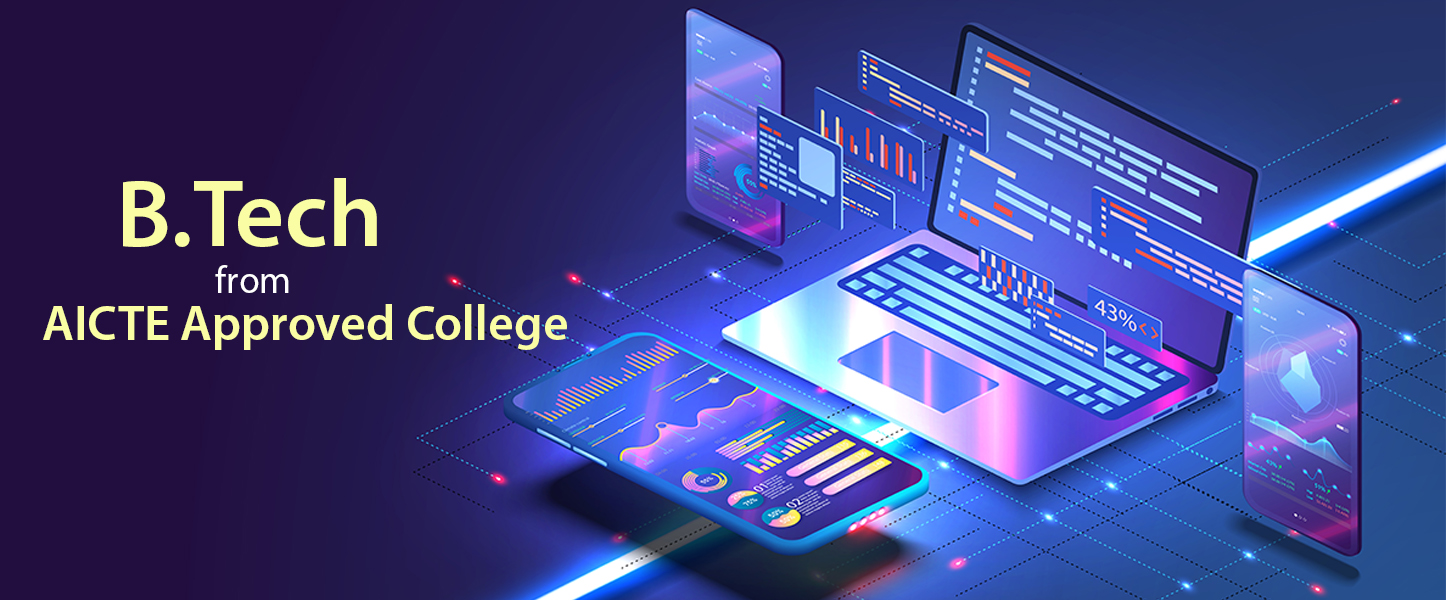
Why Should One Opt for B.Tech from an AICTE Approved College
India's standards for education are certainly better than in other developing countries. Higher education institutions and AICTE-accredited universities of applied sciences, with the exception of some institutions, may lack infrastructure due to common economic problems. Some government agencies ensure that Indian education standards are adhered to in accordance with AICTE guidelines.
We have already heard about some of these organizations like IISc, IIT, IIM, and other rejected agencies that follow UGC and AICTE guidelines. One of the biggest confusions in this case is whether students should take such courses or avoid them.
Initially, one must understand what these organizations such as DEC, UGC, and AICTE mean, and what are their roles, responsibilities, and ranges of influence. You can read various articles regarding this topic published by the individual institutions.
In short, UGC is India's premier government agency for higher education and universities. Therefore, no university can run a university without the consent of UGC.
In India, any university can be a private state government. Universities that are officially recognized by UGC and listed on the official website, regardless of their category, such as central government, official recognition, are genuine legitimate universities. AICTE Approved College
Therefore, you need to be aware of all the above issues to avoid counterfeiting. And you can secure your educational qualifications.
Universities once accredited by UGC or AICTE have full authority to carry out the desired courses, and there are usually many universities affiliated with these organizations for the purpose of providing education.
A good example of this is the MBA and MCA courses run by many educational societies that do not require AICTE approval and are not governing bodies other than UGC.



